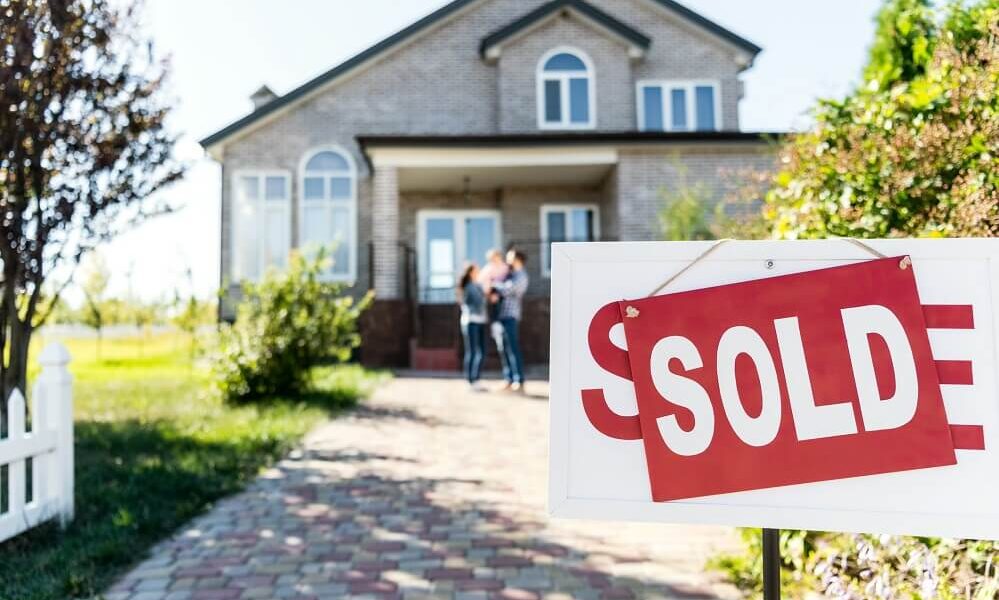Buying a house is a significant milestone in everyone’s life. It is a big step towards becoming independent and seeing how important it is, we feel like everyone should approach it armed with knowledge.
Now, we fully understand that not everyone looks for the same kind of house, and we also understand that not everyone has the same priorities when buying a residential property, but what we also understand is that some rules apply universally.
Whether you’re looking to spend millions on an architectural masterpiece in Beverly Hills, or if you’re just looking for a roof over your head in Austin, TX – some things will always be important. On that note, we’ve decided to present you with the eight most important things to keep in mind when buying a home. Sounds good? Okay, let’s begin then.
1. Location

The location of the house you’re interested in will definitely be a major factor, and as such, it should never be overlooked. Depending on what you’re looking for, a location will play a major role when buying a house.
Generally speaking, buyers often look for a house in a location that allows them easy access to the most important things in their life, like work or school. However, proximity to work and school is not all there is to it. Who you live next to is also very important. Bad neighbors can make your dream house into a house of horrors, so choose your neighborhood wisely.
2. Lot
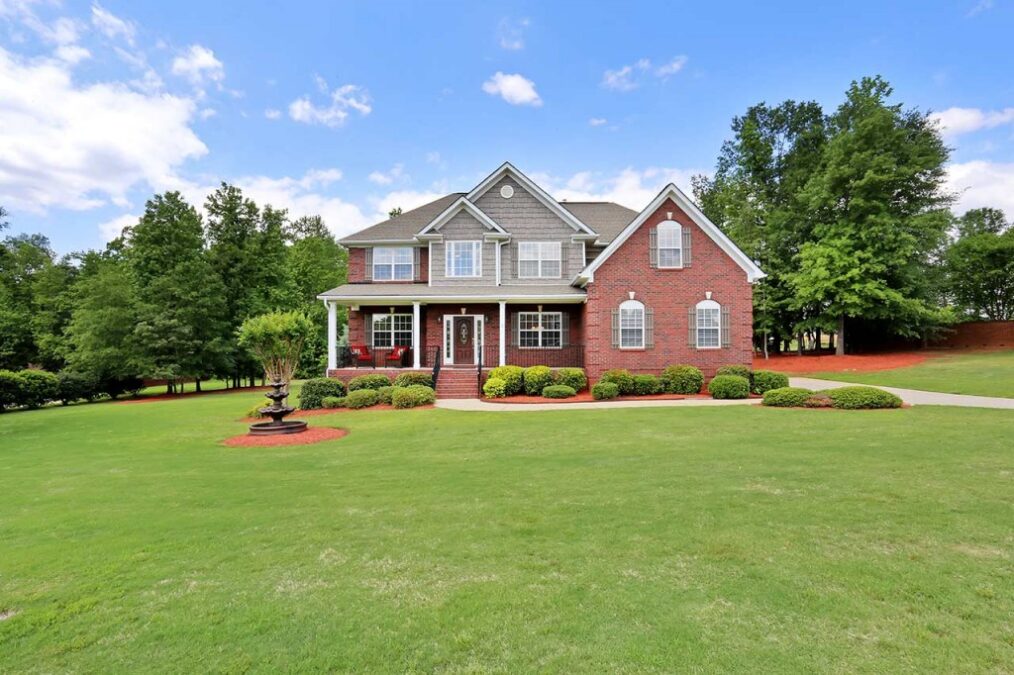
Most people don’t seem to care how big or small the lot house sits on is, but that’s not how it should be. You should always keep the lot in mind. The lot size makes a world of difference, especially if you plan on renovating the house you just bought. If the lot is big enough, you could always add an extra structure like a garage, shed, or guest house to your property.
Also, consider the lot shape because size isn’t the only thing that matters. Most lots are rectangular, but some of them could come in other shapes, too, so you’ll want to keep that in mind. Even though it might seem irrelevant at first sight, the lot shape will actually affect a lot of things, including your privacy.
3. Future

A lot could change in the future, so you will have to keep that in mind, as well. You are not simply buying a house for today or tomorrow. Unless you’re buying a house to flip it, you will need to plan for the future.
Do you plan on having a family, or will you live alone? Do you plan on spending the rest of your life there? Will you be able to keep your house if you lose your job? You’ll have to have an answer to each of these questions before you buy the house.
4. Insurance
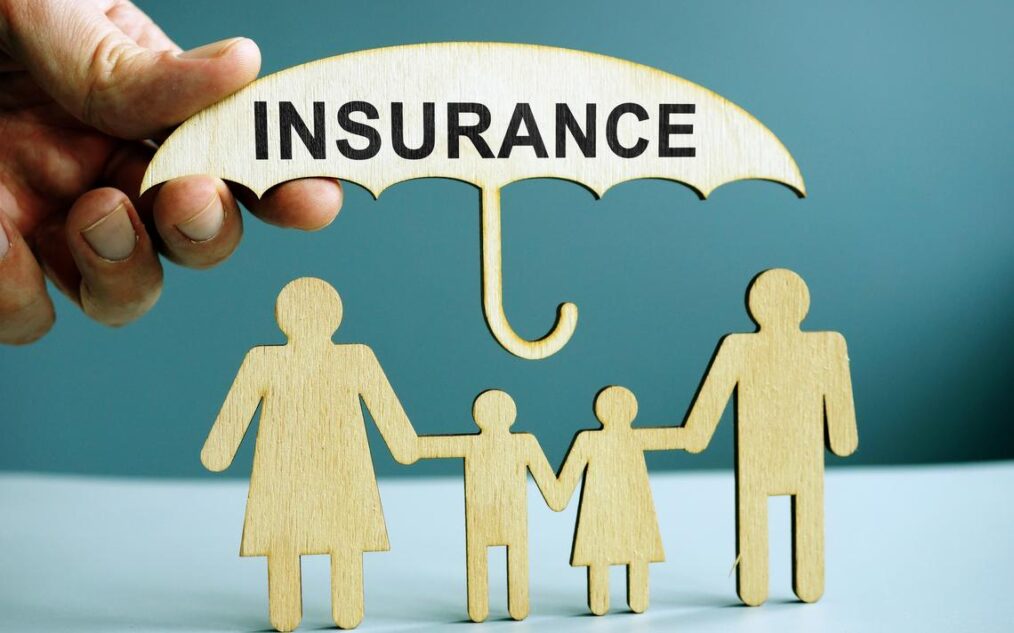
You never know what the future holds, and when you’re making a sizable investment like this one, you kind of have to think about insurance. According to www.sunnysidetitle.com, most people make the mistake of thinking they won’t ever need insurance because they know of someone that has paid it for a number of years without ever relying on it, only to end up in a situation where they wished they had it. So, don’t cry over “wasted” money. It’s not wasted. Even if your house remains in perfect condition for years to come – it is better to be safe than sorry.
5. Realtor

Your realtor or real estate agent is also something to keep in mind. While it is true that they’re in it for the money and that selling houses is their job, you’ll still want to make sure you find a realtor that you can trust.
Not only will a reliable realtor help you move in into your new home, but they’ll also work for you. They’ll make sure you see every nook and cranny of the house you’re interested in, they’ll tell you about every good and bad thing about the house, and they’ll make sure you don’t overspend chasing your dream home.
6. Age
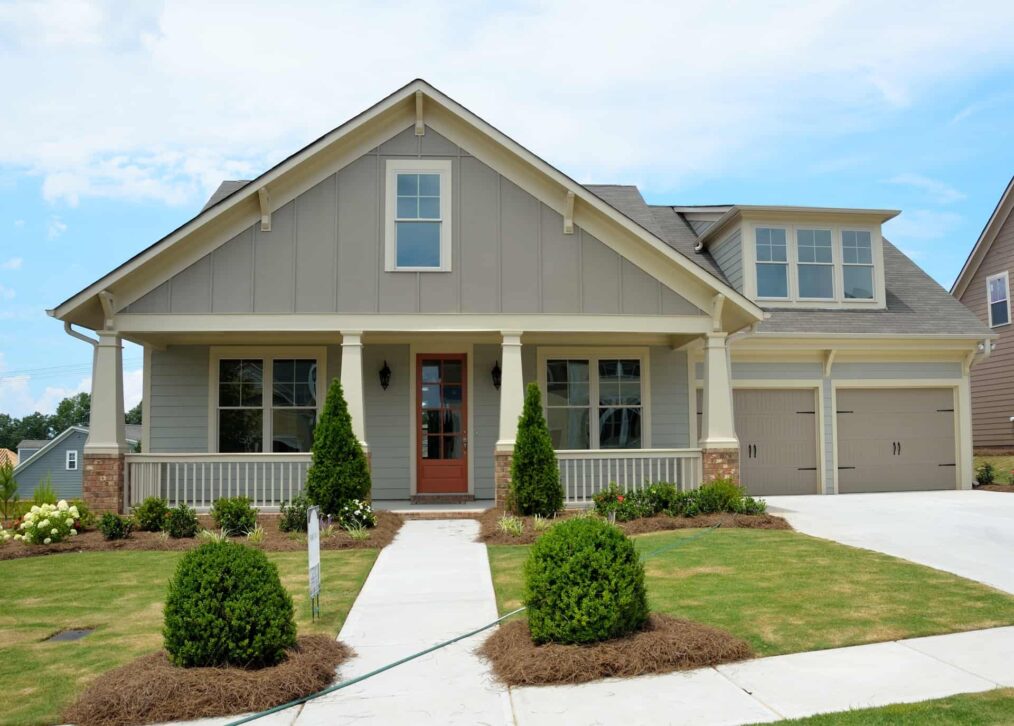
The age of the house is another thing you have to keep in mind. It is not always easy to get a new home or one that’s up to five years old. More often than not, you’ll be looking at houses that are 10, 15, or even 20+ years old.
While it is true that older houses come with a lot of character, what they also do is come with a lot of potential investments. And, by investments, we think repair costs. Houses deteriorate over time, and if you’re looking to buy a home that’s quite old, you’ll have to factor that in, too. If you don’t, you could easily end up with some not-so-pleasant financial surprises along the way.
7. Furniture

It is entirely up to you whether you want to buy a furnished house or an unfurnished one, but that’s still a decision you will have to make. Many prefer to buy fully furnished homes because that saves them a lot of time, hard work, and money.
However, if that’s the case, you’ll have to consider the condition of the furniture and the appliances that you’re buying. On the other hand, if you’re buying an unfurnished house, you will have to factor in the expenses that will inevitably come once you decide to furnish it.
8. Price
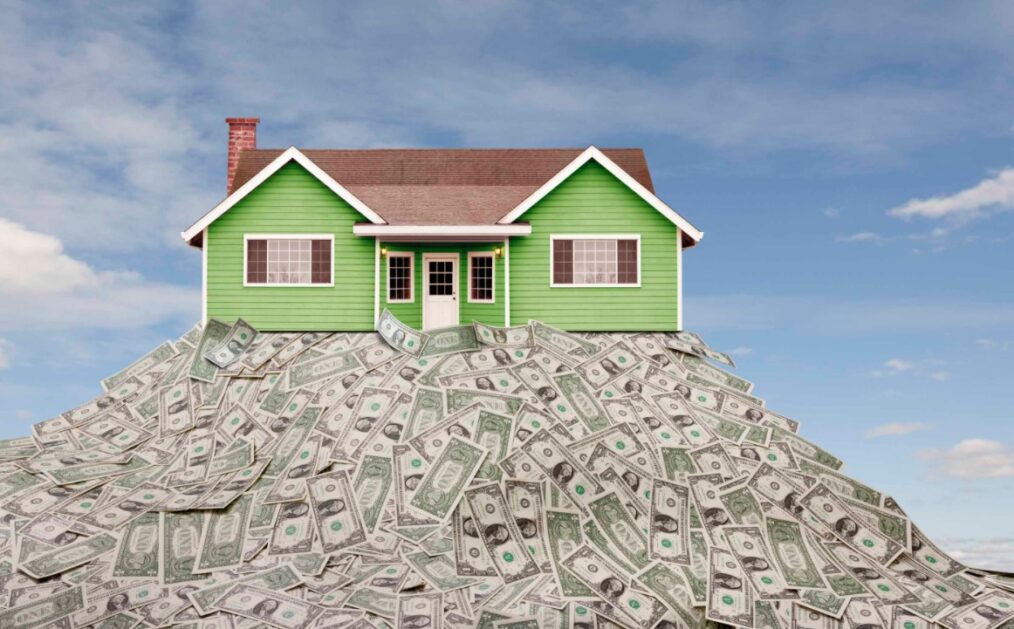
Finally, you’ll have to consider your budget. How much you’re willing to spend on a home will greatly affect what kind of home you’ll be able to buy, as well as where you’ll be able to buy it. A mansion in Ohio would probably cost as much as a studio apartment in LA.
Another thing to keep in mind is that not everyone has enough money in the back to just go and buy the house, so you will probably have to get a loan. That means that you will have to pay the mortgage for the next twenty or thirty years, so that’s something to keep in mind, as well.
Conclusion
As you can see, there are quite a few things to keep in mind when shopping for a house. Naturally, this is not everything, but we do feel like these eight are the most important ones. Hopefully, you agree.

